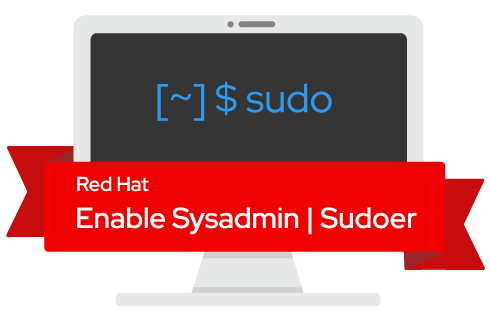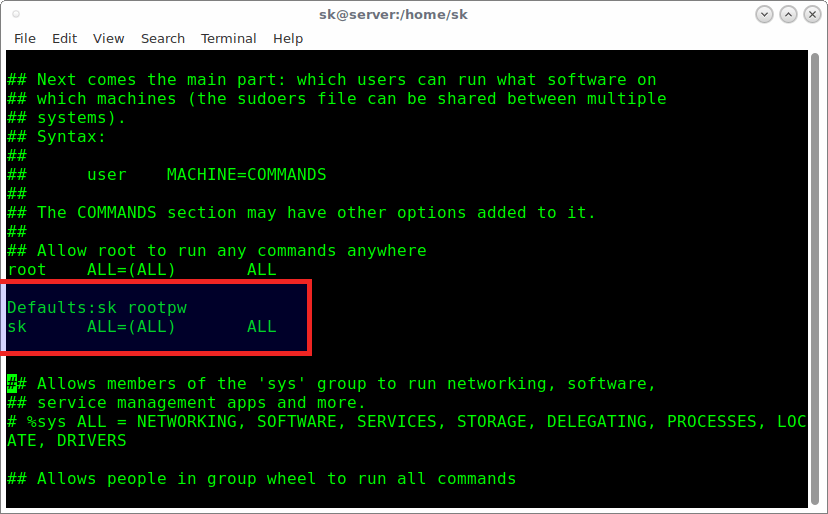
Press ESC key and type :wq and then press ENTER to save the file and close it. In the above line, replace "ostechnix" with your own. Right after the above entry, add the following line: ostechnix ALL=(ALL) ALL Scroll down till you find following entry: root ALL=(ALL) ALL Assign Sudo Privileges To A Single UserĮdit sudoers file using the following command as root user: # visudo

You can grant sudo privileges to a single user or group of users at once. Grant Sudo Privileges To Users In FreeBSD So let us go ahead and assign sudo access to this user. Replace "ostechnix" in the above command with your own username.Īs you can see in the above output, the user "ostechnix" doesn't have sudo access. User ostechnix is not allowed to run sudo on freebsd. To verify if an user has sudo privilege, run: # sudo -lU ostechnix This is a non-root user, so we can't perform any administrative tasks using this user. We just created a normal user called "ostechnix". Lock out the account after creation? :Īdduser: INFO: Successfully added (ostechnix) to the user database. Home directory permissions (Leave empty for default): Press ENTER key to accept the defaults values and type your password twice.
#Add user to sudoers full
You will be prompted to answer a couple questions, such user name, full name, login group name, login class, default shell etc. Log in as root user: # ssh a new regular user, for example ostechnix, using adduser command: # adduser
#Add user to sudoers install
To install sudo from ports, run: # cd /usr/ports/security/sudo/ # make install clean 2.

You can also install sudo from the Ports Collection as well. To install sudo package on your FreeBSD system, run: # pkg install sudo In minimal FreeBSD installation, the sudo program is not installed by default. The sudo is a special program that allows you to elevate the ability of a normal user to run administrative tasks, without giving away the root user's password in Linux and Unix operating systems.



 0 kommentar(er)
0 kommentar(er)
